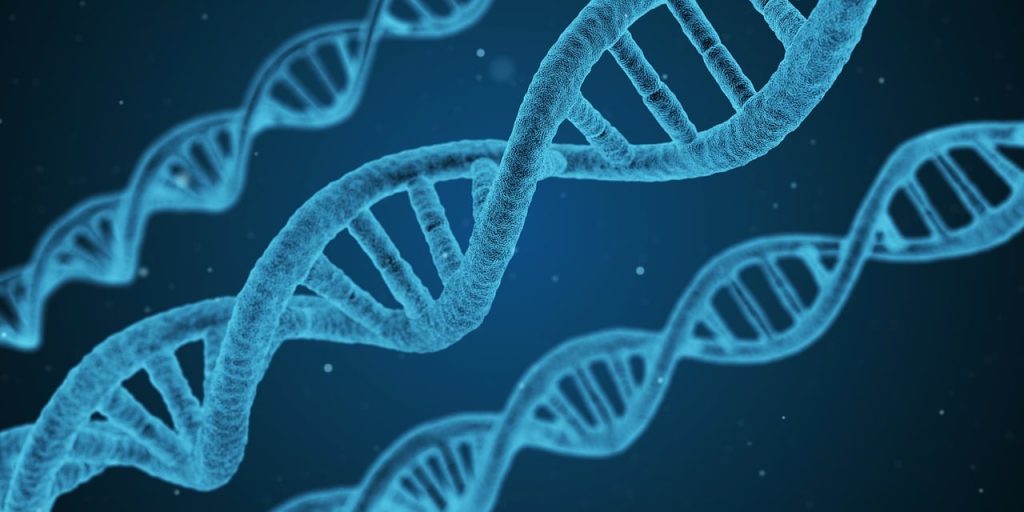Recent findings from Duke University School of Medicine reveal a concerning link between nanoplastics and neurodegenerative diseases like Parkinson’s and dementia. With over 10 million individuals globally affected by Parkinson’s, understanding potential causes is crucial.
This study, published in Science Advances, suggests that nanoplastics—tiny plastic particles that degrade from larger plastics and infiltrate our environment—may interact with alpha-synuclein, a brain protein associated with these diseases.
Researchers utilized test tubes, cultured neurons, and a mouse model of Parkinson’s to explore how polystyrene nanoparticles influence alpha-synuclein.
The results indicated that these nanoparticles could cause the protein to aggregate, potentially leading to disease. This interaction might also impair the cell’s lysosome, which is tasked with destroying such aggregates, further exacerbating the issue.
The pervasiveness of plastics means that humans are ingesting micro- and nanoplastics regularly, with studies estimating around 5 grams of such particles consumed weekly through the gastrointestinal tract.
The implications for health, particularly brain health, are alarming, as previous research has already linked nanoplastic exposure to disrupted cell processes, potential cancer links, and cognitive deficits in animal models.
This study underscores the need for advanced technology to monitor and control plastic pollution, especially those forms that might accumulate in the human brain. The research team aims to further investigate the long-term effects of various nanoplastics on molecular processes related to neurodegenerative diseases.
This discovery adds to the growing body of evidence highlighting environmental factors as significant contributors to neurological conditions like Parkinson’s and dementia. Limiting exposure to potential toxins, including nanoplastics, may be a step towards mitigating the risk of these debilitating diseases
Source: Medical News Today
Image by Rita-👩🍳 und 📷 mit ❤ from Pixabay


